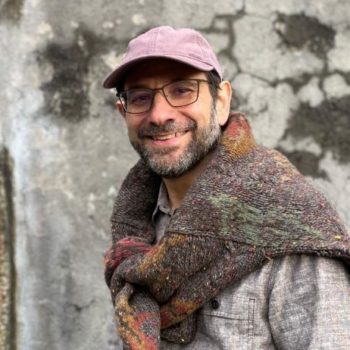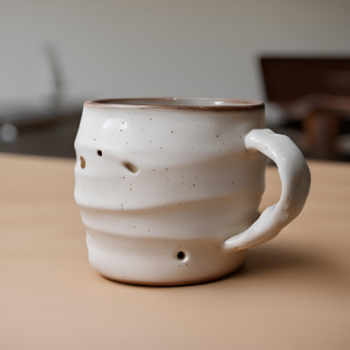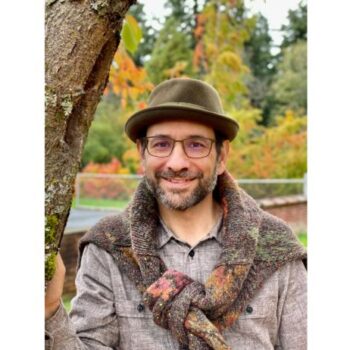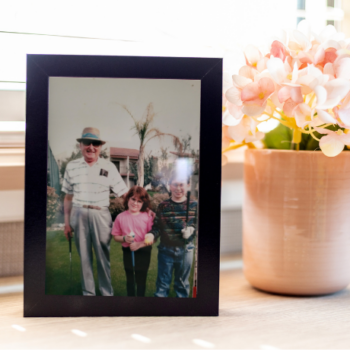Before the global pandemic, most people in developed nations didn’t think much about plagues. Clean water, sewage infrastructure, refrigeration, and decent basic medical care ensured that the scourges of the Bible and Middle Ages seemed like a distant memory. Because of that, the extended passages in Leviticus about Biblical leprosy often struck a modern reader as antiquated, bizarre, or completely irrelevant. We now recognize that humanity may never escape periodic plagues
When something comes from the heart, the meaning is one of love and connection, not necessarily about following certain rules. In other words, Parshat Emor teaches us the distinction between the offerings we make that must fit a need and those that fulfill a more abstract purpose.
What a few weeks it has been! Fields of tents, broken windows, paint splattered walls, peaceful protests, violent riots, political speech, and violent hate-speech. It is safe to say that our national attention has been fixated on Columbia, NYU, Yale, Arizona State, USC, Cal Poly Humboldt, and a dozen more schools. Here in Portland, the PSU library was occupied, windows were smashed, walls were tagged, and classes were cancelled.
Before the global pandemic, most people in developed nations didn’t think much about plagues. Clean water, sewage infrastructure, refrigeration, and decent basic medical care ensured that the scourges of the Bible and Middle Ages seemed like a distant memory. Because of that, the extended passages in Leviticus about Biblical leprosy often struck a modern reader as antiquated, bizarre, or completely irrelevant. We now recognize that humanity may never escape periodic plagues
One of the questions behind the social commentary in the movie Mean Girls is if this is what negative body talk looks like, what would positive body talk look like? What does it look like to examine yourself in the mirror and appreciate what you see? What does it look like to love yourself? This question is central to our Torah portion this week.
In rabbinical school, the phrase "I’ll see you on the other side," spoken as Passover approached, was more than a temporal marker: it was a ritual re-enactment. It suggested that, like the Israelites at the Red Sea, we, too, were navigating passages of profound transformation. This sentiment echoes through this week’s Torah reading, Parashat Beshallach, where the recently freed Israelites face an existential crisis, pinned between the sea and Pharaoh's advancing army.
Especially after the long week of keeping kosher for Passover, it’s easy to think of certain Jewish rituals as burdensome. Sometimes you can only eat certain foods. Sometimes you can’t eat anything at all. Sometimes you don’t turn on your computer until the sky is dark. But so much of what we practice is about what we need as humans to survive and thrive, and as odd as it may sound, that includes how we understand and deal with death.








